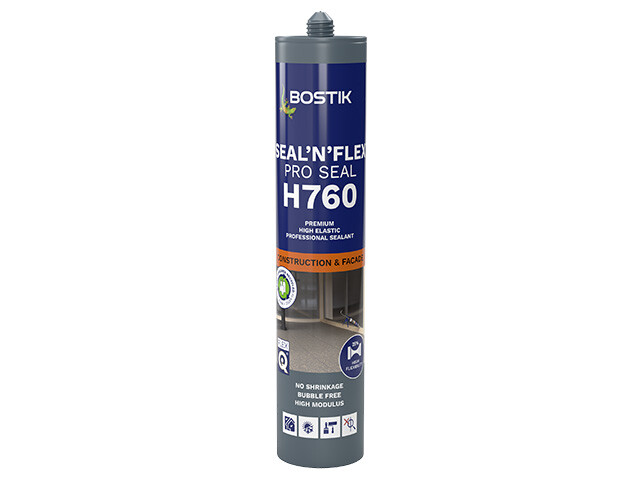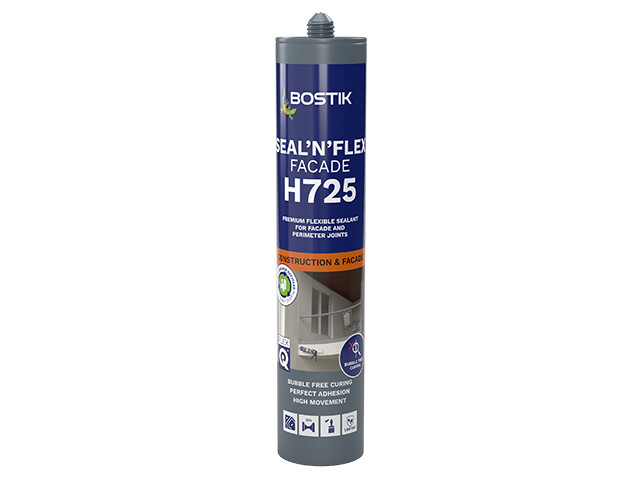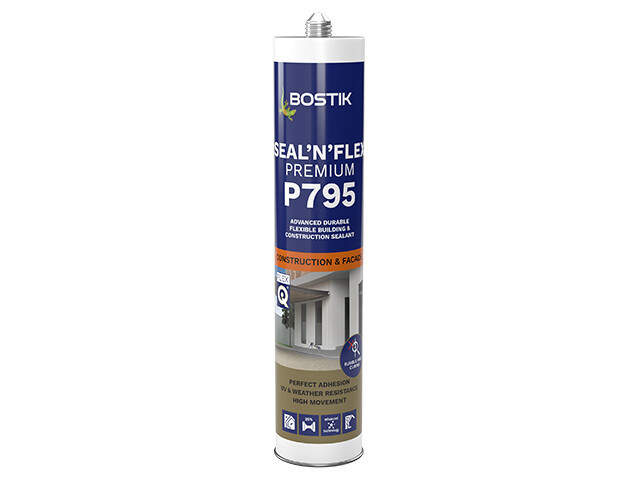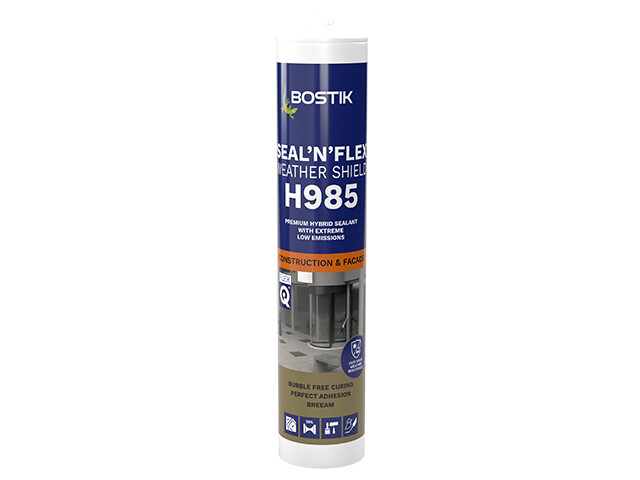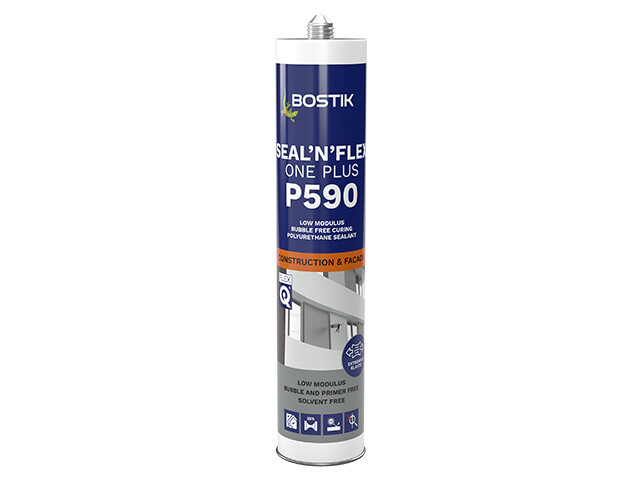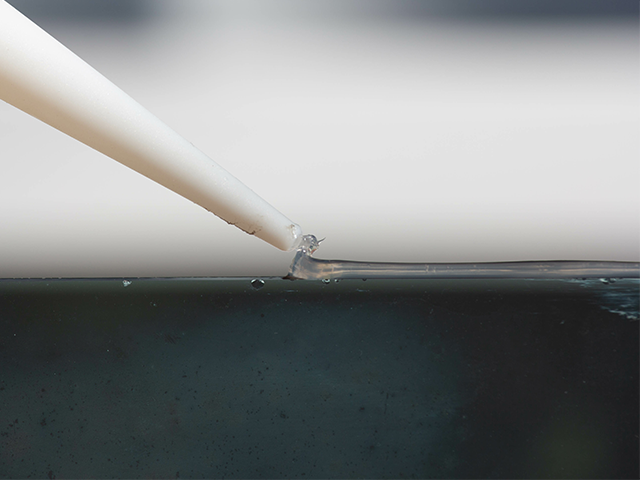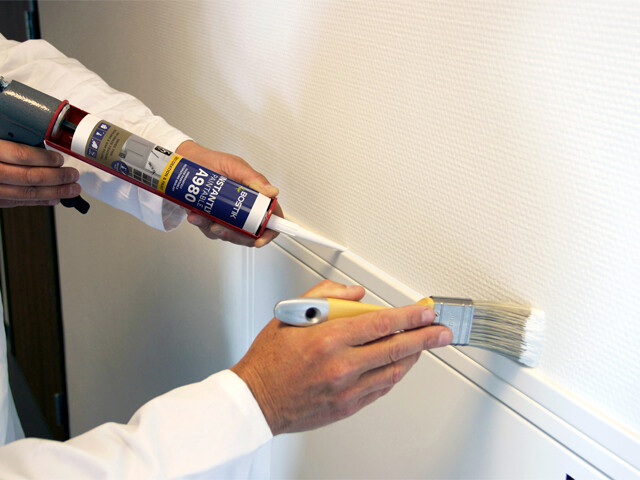Everything you need to know about sealing expansion or movement joints in walls, facades and floors.
Joints in walls, facades, and floors are the stress-relievers in your building structure to prolong its life. An expansion joint sealant is designed to absorb impact and expand or contract across your building envelope without cracking or separating.
The choice of product used for sealing expansion or movement joints is dictated by the function of the joint and the stress it will bear during use.
When choosing a product to seal an expansion joint, you must consider the materials the building is made from, the desired finish you’d like, and if there are any building regulations that you must adhere to. Environmental stresses, UV exposure, and humidity are also external factors to consider. Together, these conditions can affect the adhesion and durability of the sealed joint.
To understand what the best sealant is for you, you must first know what you need to consider when sealing an expansion joints
Movement of the joint
The biggest challenge is the different movement coefficients of the various materials that the joint is made from. For example, gypsum, concrete, and aluminium all expand and contract at different rates. The sealant should not only strongly adhere to different substrates, but also accommodate different degrees of movement for the materials it joins.
Similarly, expansion joints in floors need to be able to withstand the pressure from high levels of foot traffic and constant movement and weight, without their functionality being affected.
Material and finish
The desired look of the surface or finish also matters. Building facades need to look immaculate without staining or streaking, despite the weather changes and precipitation they face.
Plus, with many applications featuring different materials, it’s important to know how the material will affect your decision in choosing the right expansion joint sealant.
Building regulations and safety
Building regulations and safety will impact which sealant you need to use. For example, certain materials must comply with relevant legislation, such as the Construction Products regulations or Approved Document B.
For internal and external expansion joints that need to be fire retardant, we recommend using a sealant that is not only highly flexible but also offers passive fire resistance.
Our Bostik FP403 Fireseal Hybrid sealant is a one-component, fire-resistant sealant, suitable for sealing linear joints up to 4 hours and offers a movement accommodation of 25%. It's perfect for both vertical and horizontal joints in walls, floors, ceilings, metal frames, and more.
Before choosing which sealant to use, we strongly recommend that you check the integrity and insulation requirements for your project.
External expansion joints
Expansion joints in facades and floors consist of connections between exterior building elements. You need a sealant that can weather environmental stress and still offer a great finish. At Bostik we offer a wide range of products that are suitable for expansion joints.
Sign up for technical training
Bostik ACADEMY is a knowledge center carefully created for professionals in the construction market. At the ACADEMY you can sign up for a tailored training program, matched to your needs and skills.
Our experienced Technical Team will present our product portfolio, best application methods, and key industry recommendations. Sign up through the link below to learn more.

